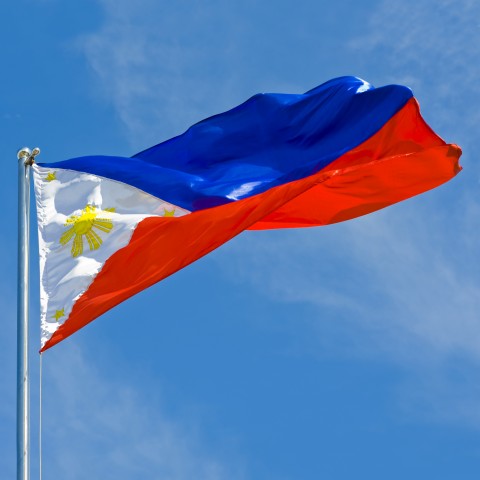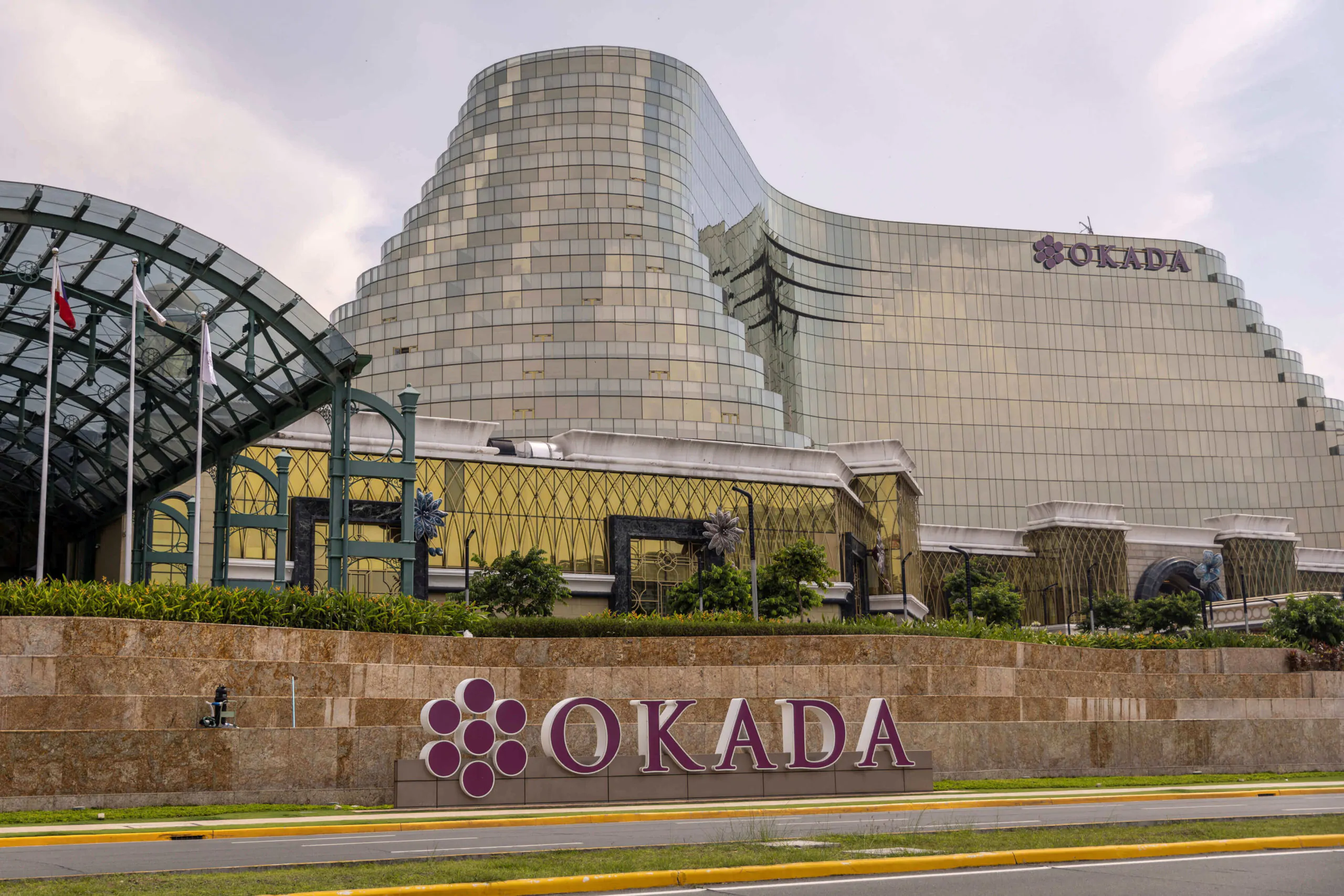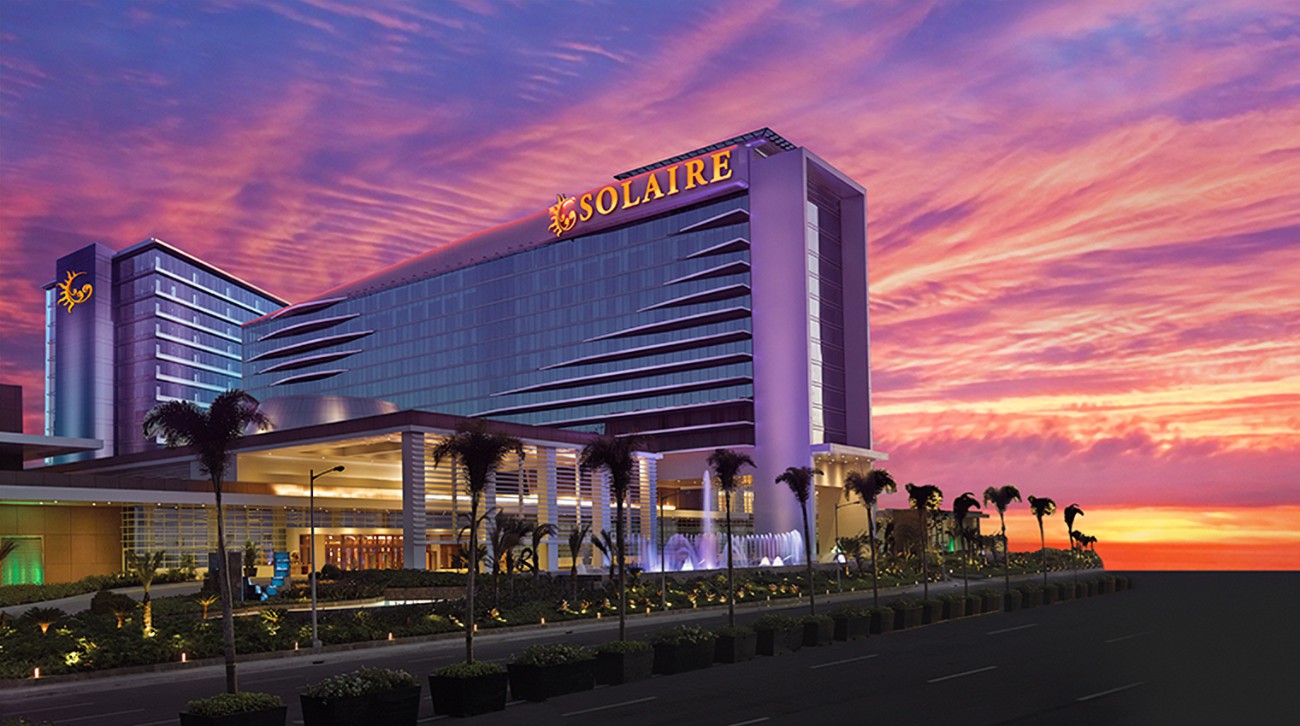
In a rare and unified move, three of the Philippines’ most prominent integrated resorts—Newport World Resorts, Okada Manila, and Solaire Resort—have issued a joint statement defending the integrity, legality, and responsible practices of their domestic online gaming operations. This statement comes amid rising political scrutiny and proposed legislative measures that threaten to curtail or ban online gambling in the country.
The operators emphasized that their online platforms are fully licensed by the Philippine Amusement and Gaming Corporation (PAGCOR) and operate under strict regulatory oversight. These platforms are only accessible to players physically located within the Philippines, thanks to robust geo-fencing and IP filtering systems. Furthermore, they highlighted their adoption of rigorous Know-Your-Customer (KYC) protocols, which require users to verify their identity within 72 hours of account registration. Built-in responsible gaming tools—including self-exclusion features and spending limits—are also in place to protect vulnerable users, particularly minors and those at risk of problem gambling.
In their joint message, the three resorts asserted, “Our online gaming operations are a regulated and responsibly managed extension of our operations. We prioritize ethical business practices and promote responsible gaming under the robust regulation of PAGCOR.” Their platforms undergo continuous audits and testing, with all gaming equipment, such as random number generators (RNGs), being pre-accredited to ensure fairness. Additionally, any promotional content distributed by these brands is vetted not only by PAGCOR but also by the Advertising Standards Council (ASC) to ensure ethical marketing.
This coordinated defense comes at a time when lawmakers are weighing drastic reforms to online gaming regulation. Among the proposals are tighter KYC restrictions, mandatory minimum deposits, and bans on widely used e-wallets like GCash and Maya. One senator has even proposed a full ban on online gambling in the Philippines. Critics argue that such a ban could backfire, driving Filipino users toward unregulated offshore gambling sites with little to no consumer protection.
PAGCOR Chairman Alejandro Tengco has also spoken out in support of licensed domestic operators, warning that “what’s really destroying the industry today are the illegal operators coming from other countries who are targeting Filipino customers.” He stressed the need to distinguish between regulated local platforms and rogue offshore sites, noting that legitimate operators contribute significantly to government revenues—estimated at around ₱50 billion in license fees in 2024 alone.

Newport, Okada, and Solaire have all pledged to comply with forthcoming ad restrictions, including the removal of digital advertising content by August 15, and have reiterated their willingness to work closely with authorities to further strengthen social protections. Their joint appeal highlights a broader industry concern: that the future of online gaming in the Philippines hinges not on prohibition, but on thoughtful, enforceable regulation that protects players while preserving economic contributions and job creation.



As the Philippine government continues to evaluate the future of its online gambling industry, the position taken by its top resorts underscores a core message—that responsible, transparent, and well-regulated gaming operations can coexist with social responsibility and national development priorities.

 Content Writer: Janice Chew • Monday, 25/07/2025 - 16:07:11 - PM
Content Writer: Janice Chew • Monday, 25/07/2025 - 16:07:11 - PM